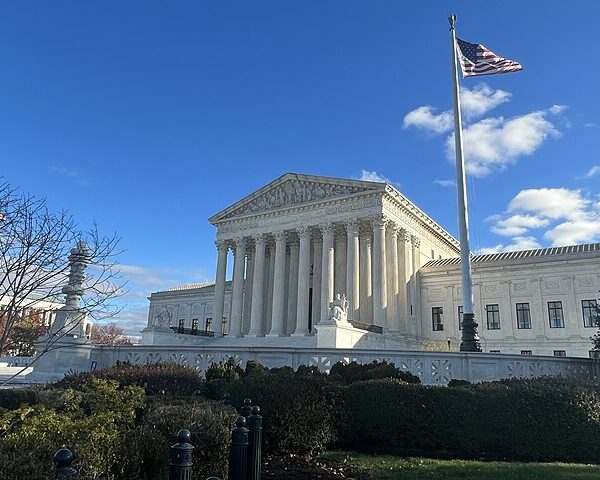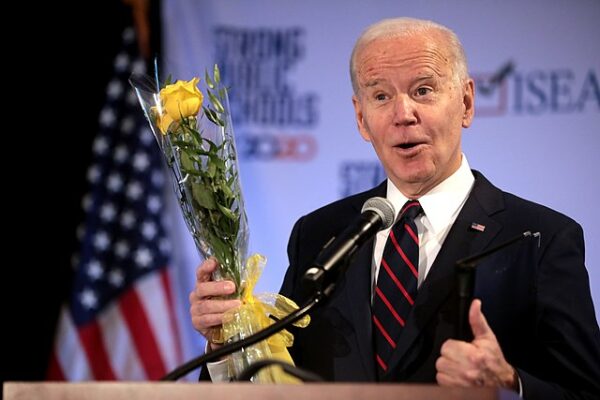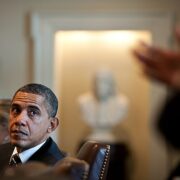
In a striking signal of Moscow’s growing assertiveness in the Western Hemisphere, a senior Russian legislator has floated the prospect of supplying Venezuela with advanced hypersonic weaponry—an overt gesture of solidarity with a beleaguered ally and a pointed warning to the United States.
Alexei Zhuravlyov, deputy chairman of the Russian parliament’s defense committee, told Gazeta.Ru that there were “no obstacles” to sending cutting-edge missiles such as the Oreshnik or Kalibr to Caracas. “I see no obstacles to supplying a friendly country with new developments such as the Oreshnik or, let’s say, the well-proven Kalibr missiles,” Zhuravlyov said, as reported by The Telegraph. He added ominously that Americans “may be in for some surprises,” signaling Moscow’s readiness to counter Washington’s military posture in the Caribbean.
The Oreshnik—an intermediate-range ballistic missile capable of reaching European targets in under an hour—is designed to carry nuclear payloads, a detail that magnifies the potential stakes of such a transfer. The remark underscores Russia’s willingness to challenge U.S. influence near its borders by leveraging strategic arms diplomacy reminiscent of Cold War brinkmanship, writes Mediate.
The rhetoric comes amid mounting tension over U.S. operations in the region. President Donald Trump has authorized a series of air and naval strikes on vessels suspected of ferrying narcotics from Venezuela to the United States—a campaign that has drawn criticism from across the political spectrum. “These airstrikes are insane,” said Sen. Rand Paul, R-Ky., calling them “uncivilized” and legally dubious.
At the heart of the standoff is Venezuelan leader Nicolás Maduro, whom Trump has accused of directing the trafficking network. Maduro’s January reelection has been widely discredited: opposition audits of 80 percent of voting machines indicated roughly double the vote totals for challenger Edmundo González. The U.S.-based Carter Center, which monitored the election, concluded that “Venezuela’s electoral process did not meet international standards of electoral integrity at any of its stages.”
Facing international isolation and growing domestic unrest, Maduro has turned once again to Russian President Vladimir Putin for political and military backing. Over the weekend, Russian Foreign Ministry spokesperson Maria Zakharova condemned the U.S. naval campaign as “excessive military force,” echoing long-standing Kremlin accusations of American interference in Latin America.
The White House, meanwhile, has sought to contain fears of a broader confrontation. Trump last week dismissed intelligence reports suggesting imminent attacks on Venezuelan soil, asserting, “I have not made a final decision.” The comment left open the door for further escalation even as Washington’s allies urge restraint.
Analysts caution that any Russian arms shipment to Venezuela could transform Latin America’s security calculus, introducing nuclear-capable systems into a volatile theater. As Washington tightens its blockade and Moscow tests the limits of deterrence, the hemisphere once again appears poised on the edge of a 21st-century version of missile diplomacy.
[Read More: Pelosi Crosses A Sick Line]











